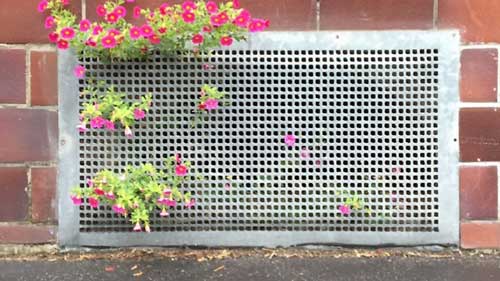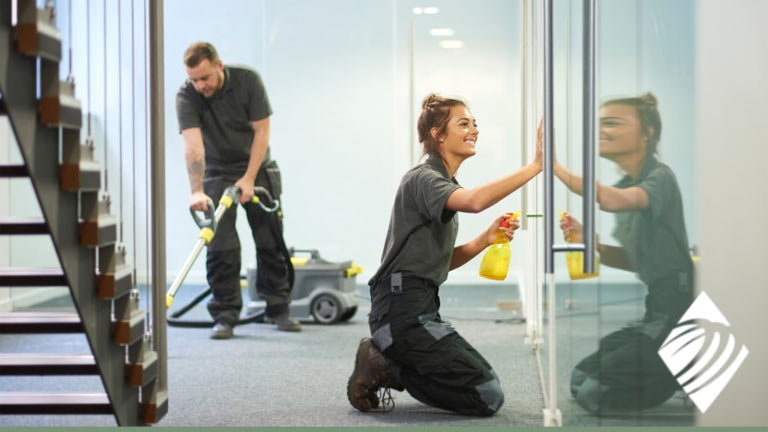
Proper drain ventilation is crucial for maintaining a healthy and comfortable home. Without it, harmful gases and bacteria can build up, causing health issues and unpleasant odors. Homeowners should install ventilation pipes or devices and regularly clean and maintain their drainage systems to ensure proper airflow.
Understanding Drain Ventilation
Drain ventilation is critical in ensuring the efficient flow of wastewater and sewer gases from your home. The primary function of a drain vent is to equalize air pressure within the plumbing system, which helps prevent water from being siphoned from traps. This is important because water-filled traps act as a barrier to keep sewer gases from entering your home. So how do you check your drains? This article will explain how to correctly vent your laundry drain, among other practical tips.
The Importance of Proper Drain Ventilation
There are several reasons why drain ventilation is crucial for your home:
- Preventing Sewer Gas Exposure: Sewer gases, which contain harmful chemicals and foul odors, can pose health risks and make your home unbearable. A well-ventilated drain ensures these gases are vented outside, keeping your living space fresh and safe.
- Maintaining Water Seals: Properly vented drains help keep the water seals in the P-traps, a barrier between your home and sewer gases. Without adequate ventilation, the water in these traps can be siphoned out, allowing sewer gases to infiltrate your home.
- Preventing Slow Drainage: A lack of ventilation can create a vacuum effect in your plumbing system, causing water to drain slowly or not at all. Proper drain ventilation ensures that wastewater flows smoothly and efficiently.
- Reducing the Risk of Backups: Well-ventilated drains help prevent pressure buildup in your plumbing system, reducing the risk of backups and subsequent water damage.
Tips for Proper Drain Ventilation
Here are some helpful tips to ensure your drains are adequately vented:
- Consult local building codes for proper venting requirements, as regulations may vary depending on your location.
- Ensure that each plumbing fixture, such as sinks, toilets, and bathtubs, has a vent or is connected to a main vent stack.
- Ensure that vents are installed at the correct height and angle, as this can impact their effectiveness.
- Inspect your vents regularly for signs of blockage, such as debris or bird nests, and address any issues promptly.
- Consider consulting a licensed plumber to assess your home’s drain ventilation and recommend any necessary improvements.
Conclusion
Maintaining a healthy and comfortable home involves various aspects, and one of the most crucial yet often overlooked factors is drain ventilation. Properly vented drains are vital in preventing sewer gas exposure and ensuring that wastewater flows efficiently. Conversely, when drains are not appropriately vented, the risk of slow drainage and backups increases, which can cause inconvenience and even health hazards.
Understanding the science behind drain ventilation is crucial for homeowners to take the necessary steps to protect their homes. By following a few simple tips, such as ensuring that all drains are properly vented and regularly cleaning them, homeowners can enjoy the peace of mind that comes with a well-functioning plumbing system. So, to maintain a healthy and comfortable home, remember to pay attention to your drain ventilation system.




